WATER SPECIALIST BEVO RELIES ON UDO
- Digitized sales shorten and accelerate path to the customer
- universal data orchestration (udo) reduces effort by up to 90 percent
- bevo expects 2,000 qualified leads

Stuttgart, February 02, 2021 – Schober Information Group Deutschland GmbH is implementing the sales digitization of technical wholesaler bevo GmbH with udo (universal data orchestration). The specialist for water technology wants to grow strongly in the digital business and has introduced udo for this purpose. Since June, the project team has implemented numerous applications on udo that relieve the burden on salespeople: new leads, better lead nurturing, more conversion. In addition, sales automation frees up significant resources for more intensive customer support.
“…the way to the customer faster and shorter”.
Sales in technical wholesale have changed significantly in two respects: “On the one hand, product sales have been replaced by solution sales. Secondly, our customers are communicating more online. Therefore, bevo has decided to grow digitally. With Schober, we are making the path to the customer faster and shorter,” says Frank Bieletzki, Managing Director of bevo Vertriebs GmbH. The company sells water technology for use in gardens, agriculture, building and environmental technology or even in plant construction. This makes new customer acquisition enormously time-consuming, because bevo targets customers in very different niche markets – garden and landscape contractors, pool builders, farmers and industrial architects. The solution: Sales and marketing automation with udo, the Customer Data Platform “PLUS” from Schober.
Sales and marketing automation: cross- and upselling
Acquiring new contacts for sales more easily and shortening the path from the first contact to the sale – with these goals, bevo opts for Schober after a three-month test. With udo, the technical foundation for automating sales and marketing has been laid. Nine applications are currently projected, five are already in use, and others are being planned. In this way, udo specifically identifies opportunities for cross-selling and upselling. Analytics and AI identify revenue-driving product combinations from order data and purchase history. If you buy PE pipes, for example, you also need glue. If he doesn’t buy it right away, udo sends a trigger email with offers. For more complex options, the contact goes to a sales consultant.
New customers, but 90 percent less effort
Another udo application optimizes the acquisition of new customers – for example in the niche market of automated garden watering. Before udo (and Covid-19), bevo held nationwide roadshows with training sessions on this. Today, udo automatically identifies market potential and new customers. An additional advantage: leads can be tapped directly via features from the online world before they are invited to webinars and trained. Only then do salespeople make personal contact and advise on finding solutions until the sale is closed. Managing Director Bieletzki makes a clear calculation: “We used to need around 100 working days for the roadshow; with udo we generate the same number of customers in ten working days. That’s 90 percent less effort.”
More applications from udo
bevo continues to automate its marketing and sales activities with other applications based on udo. In addition to web analytics, cross-channel tracking and next-best-action trigger campaigns, there are high expectations for a lead scoring project. Assessing actual sales opportunities ensures clear prioritization of sales activities and higher productivity, says Frank Bieletzki.
“With udo, we are significantly increasing our digital sales. We expect to generate up to 2,000 additional leads per year. The path to the customer is shorter and faster, which is a convincing result from the cooperation with Schober,” says Frank Bieletzki, Managing Director of bevo Vertriebs GmbH.
“bevo has set new standards in data-driven sales. In doing so, udo offers the B2B water specialist the right technological basis to digitize even the particularly high requirements in a very specialized market environment,” says Martin Brahm, Managing Director of Schober Information Group Deutschland GmbH.
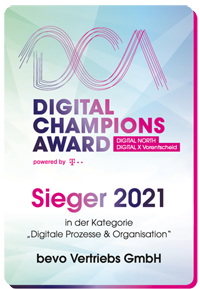
bevo received the Digital Champion Award from DIGITAL X (an initiative of Deutsche Telekom and WirtschaftsWoche) for its innovative move to introduce digital processes and use them profitably. The reason: “By digitizing its sales and marketing processes and automating lead scoring, i.e. determining the willingness of potential customers to buy, bevo has significantly improved its processes. The time gained can be used to support existing customers.”
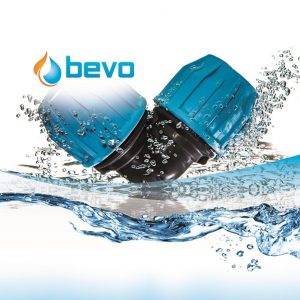
Image source: bevo
Whether in the garden or in agriculture, in building and environmental technology or in plant construction, bevo is the professional partner for projects in water technology. As part of the European MegaGroup, bevo benefits from a broad product portfolio, a modern logistics infrastructure and over 75 years of experience in water technology. With over 20,000 products, the range offers the right solution for all water technology needs. A dedicated service team is available to advise on the selection of suitable components and their installation. For more information, please visit: www.bevo.com


 The
The  And the method described above has long since given rise to a cloud-based out-of-the-box platform for managing customer data (Customer Data Platform – CDP).
And the method described above has long since given rise to a cloud-based out-of-the-box platform for managing customer data (Customer Data Platform – CDP). 


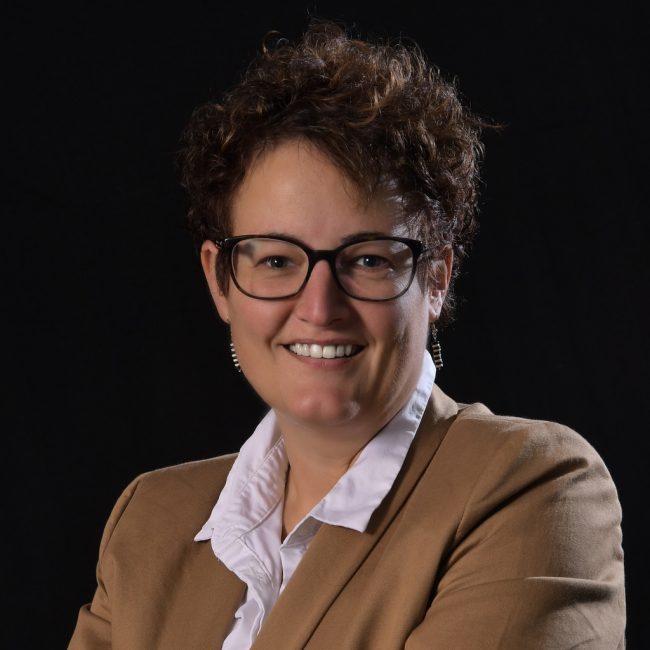 Solving complex challenges and curiosity are two central motives in her life. And challenge is not the usual business phrase: Katrin gets to the bottom of things. She joined Schober in April 2020 as Head of Digital Strategy to drive the roadmap of the
Solving complex challenges and curiosity are two central motives in her life. And challenge is not the usual business phrase: Katrin gets to the bottom of things. She joined Schober in April 2020 as Head of Digital Strategy to drive the roadmap of the  She is also fascinated by travel and contact with a wide variety of people in her private life. At a young age, she begins to explore the world on her own. As opportunities increase, so does the travel radius; to date, she has visited over 70 countries. And here, too, she likes to get to the bottom of things: on the occasion of her trip to Indonesia, for example, she organizes a two-week stay at an orphanage in advance to participate in local life. Among many other destinations, she repeatedly goes to sub-Saharan Africa, where she also meets her current husband Munene. But until the wedding in 2018, it should then take a moment.
She is also fascinated by travel and contact with a wide variety of people in her private life. At a young age, she begins to explore the world on her own. As opportunities increase, so does the travel radius; to date, she has visited over 70 countries. And here, too, she likes to get to the bottom of things: on the occasion of her trip to Indonesia, for example, she organizes a two-week stay at an orphanage in advance to participate in local life. Among many other destinations, she repeatedly goes to sub-Saharan Africa, where she also meets her current husband Munene. But until the wedding in 2018, it should then take a moment.


 Just as close to the customer, but with a different focus, are their projects around the
Just as close to the customer, but with a different focus, are their projects around the  He has been working as a Data Scientist at Schober since January 2018 and ensures in the analysis team that data is turned into insights for effective marketing measures. In addition to standard applications, Andreas manages complex customer projects involving new data and complete analyses –
He has been working as a Data Scientist at Schober since January 2018 and ensures in the analysis team that data is turned into insights for effective marketing measures. In addition to standard applications, Andreas manages complex customer projects involving new data and complete analyses – 
 Since 2010, Sylvia has worked at Schober Information Group Germany, most recently as Chief Operating Officer and member of the operational management team. Through
Since 2010, Sylvia has worked at Schober Information Group Germany, most recently as Chief Operating Officer and member of the operational management team. Through  Travel, travel, travel
Travel, travel, travel
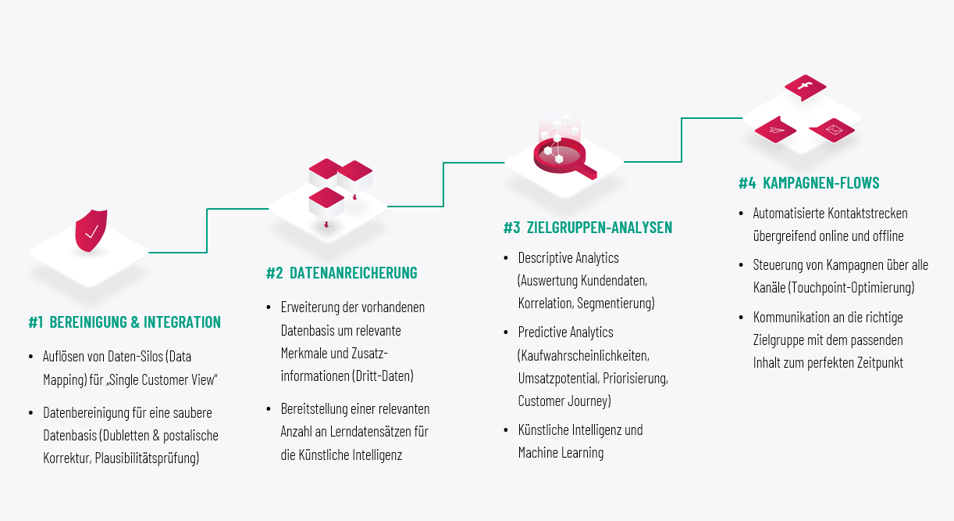
 The first step is to create a data basis. To this end, companies ensure the central provision of all data related to the intended customer interaction. Centralized is important, because most of the time data lies unconnected in different transaction systems (ERP, e-commerce system, content management, etc.) next to each other. Only the mapping of the data silos creates the basis for further analyses. Because if companies use incorrect or incomplete data, they will also receive only incorrect or incomplete results when evaluating it. The supposed treasure trove of data then quickly turns out to be data garbage.
The first step is to create a data basis. To this end, companies ensure the central provision of all data related to the intended customer interaction. Centralized is important, because most of the time data lies unconnected in different transaction systems (ERP, e-commerce system, content management, etc.) next to each other. Only the mapping of the data silos creates the basis for further analyses. Because if companies use incorrect or incomplete data, they will also receive only incorrect or incomplete results when evaluating it. The supposed treasure trove of data then quickly turns out to be data garbage.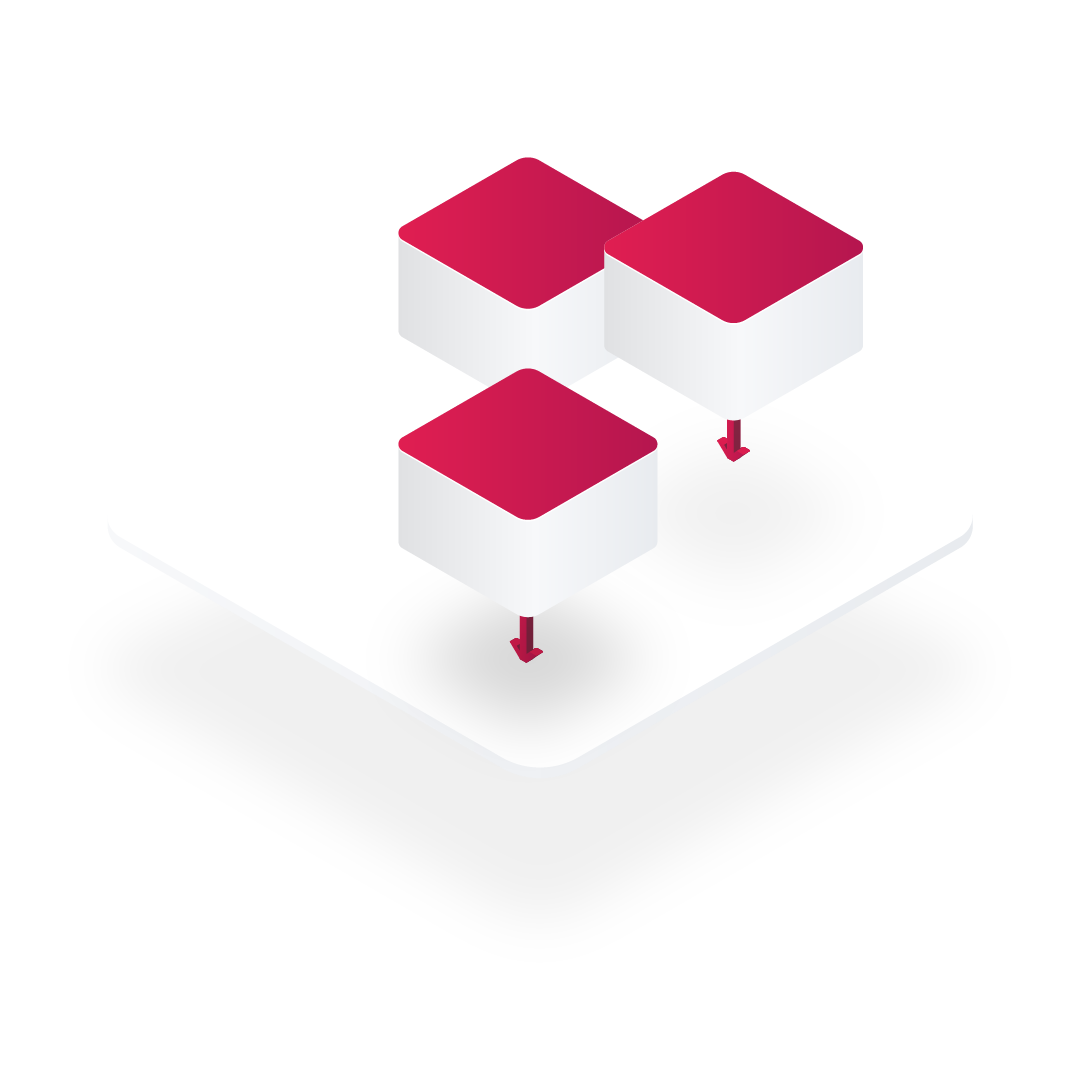 But sometimes the depth of information in the existing data is not enough. Therefore, at stage two, one examines the existing database against the background of the business and communication objectives. If necessary, the depth of information is increased in order to create the right added value in the customer interaction. Typical additions here include geodata, data on the degree of digitization, IT systems used, or corporate structure, depending on the potential customer target group.
But sometimes the depth of information in the existing data is not enough. Therefore, at stage two, one examines the existing database against the background of the business and communication objectives. If necessary, the depth of information is increased in order to create the right added value in the customer interaction. Typical additions here include geodata, data on the degree of digitization, IT systems used, or corporate structure, depending on the potential customer target group.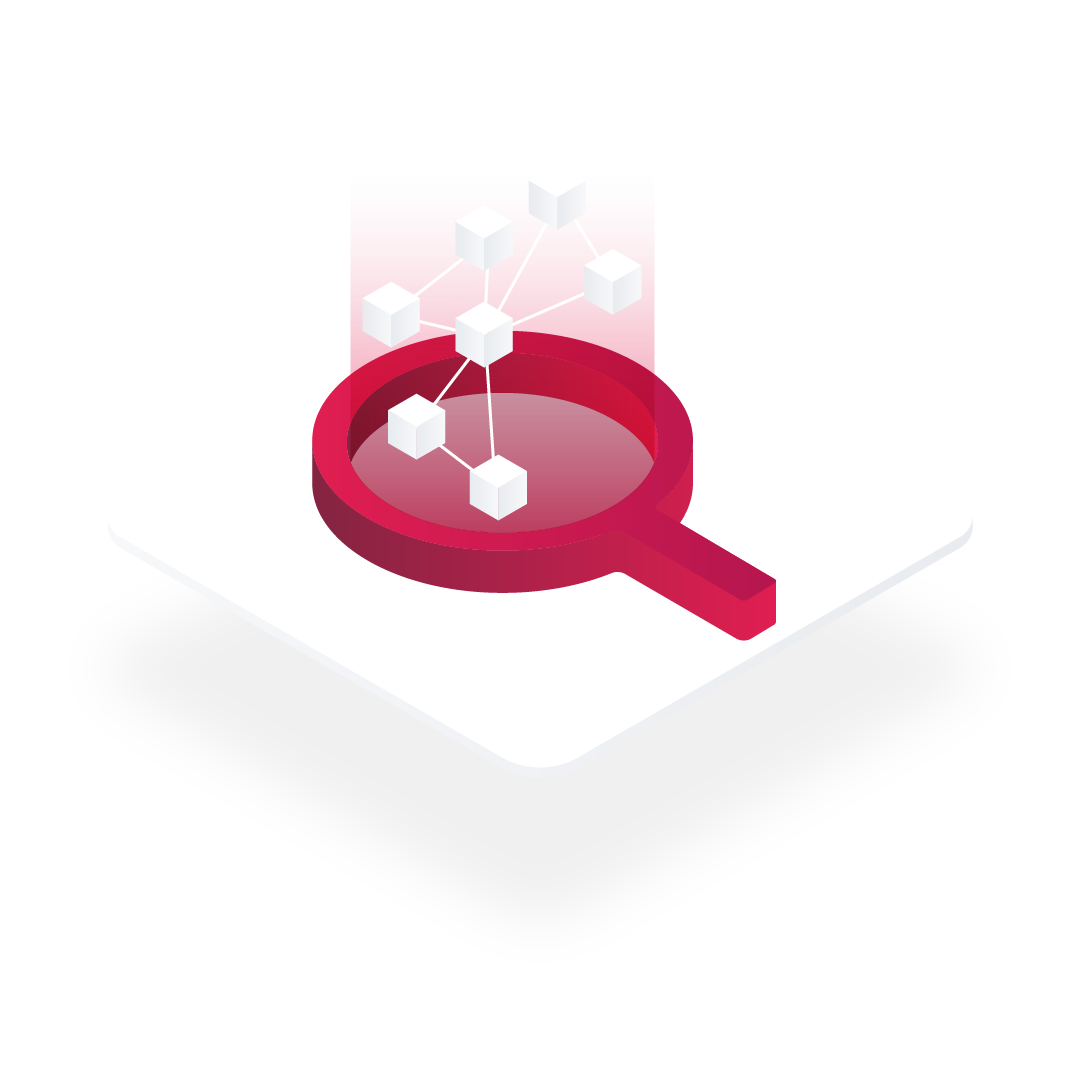 In stage three, this data becomes information. Analytics and AI turn data into information about prospects, customers, and their needs. Methods and analysis strategies are diverse and depend on the task. Typically, cluster analysis, artificial intelligence and self-learning algorithms are used in addition to simple data mining with pattern recognition. With the insights gained, companies can make value-oriented interaction and product offers.
In stage three, this data becomes information. Analytics and AI turn data into information about prospects, customers, and their needs. Methods and analysis strategies are diverse and depend on the task. Typically, cluster analysis, artificial intelligence and self-learning algorithms are used in addition to simple data mining with pattern recognition. With the insights gained, companies can make value-oriented interaction and product offers. Stage four moves to action, using the insights from the previous stages to convince addressees of the value of the products on offer. That is exactly what value-based selling is. In principle, all available channels and content formats are used for interaction, and the selection of suitable information media can usually be determined very precisely at the previous stages.
Stage four moves to action, using the insights from the previous stages to convince addressees of the value of the products on offer. That is exactly what value-based selling is. In principle, all available channels and content formats are used for interaction, and the selection of suitable information media can usually be determined very precisely at the previous stages.